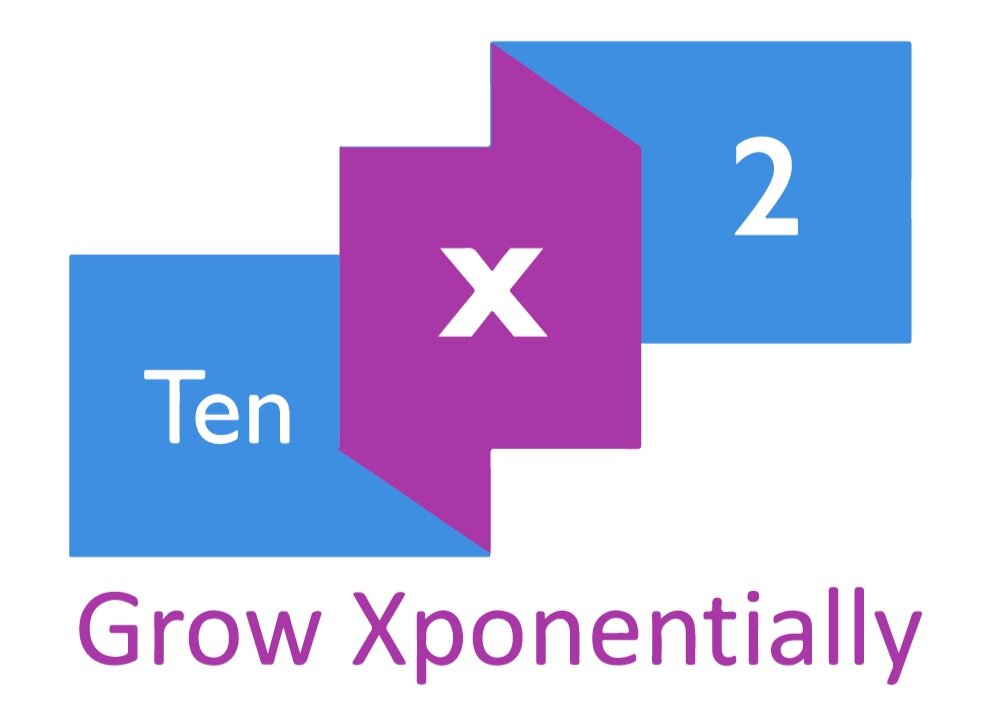From Pipes to Platforms: Secrets from billion dollars platform start-ups
Until now the majority of the business competition was about products or services. The last 10 years we see more focus on business model innovation & competition and now we see and forecast that the competition will shift to platforms.
But what is a platform? Platforms enable various participants to easily connect, collaborate and co-create value. Platforms create entire new markets by connecting producers and consumer. To create better understanding a few examples of platforms will help:
Youtube connects video content producers with content consumers
Apple’s App store connects App developers with users
OpenTable connects consumers with restaurants
Amazon connects sellers with buyers
Uber connecting passengers with drivers and more
Airbnb connecting travelers with accommodation providers
Freelancer connecting freelancers with customers
The traditional business models were based on a linear flow. They were and are like a pipe pushing products, content and services to the customers:
In the traditional pipe based business model companies create products or services, design a go to market strategy and reach customers/consumers that finally purchase the products and/or the services.
Examples of pipes are all consumer products that are created as per above process, the TV/Radio industry versus YouTube which is a platform, traditional education versus Udemy which is platform and so many other industries that create products and their customers and consumers consume.
But this is changing and it will transform many industries. The internet created the connected world with 24 hours ecommerce, on demand economy (whatever, whenever and wherever you want), communities, social networking, experimentation, crowdsourcing, crowdfunding, crowd***,… and this enables collaboration, innovation is more democratized (bottom up), exponential value creation and growth.
Platforms allow their users to produce value and other users to consume this value in this way creating value to each other very often through collaboration.
e.g Airbnb where travelers and accommodation owners collaborate to create a more pleasant experience. Another example is the Freelancer platform where there is collaboration among freelancers and customers to create better results.
In order the platform to be successful needs to have both producers and consumers and the producers need to create value. The first priority of a platform company is to acquire enough producers and consumers to enable network effects.
Moreover while building a pipe we need to think about the customers/consumers and we know who pays for the value the pipe creates, building a platform we need first to think about producers of value and consumers of value in a way that they will collaborate to create value and add value to each other. Many times we need to figure out who will create value and who we will charge for the value. The most important question for a platform is How do I enable others to create value?
So what are the key success factors for a platform creation?
1. Create attraction for both producers and consumers to join the platform
2. Make it easy for both producers and consumers to connect with the platform and focus on network effects
3.Make easy the collaboration software between producers and consumers with superb user experience. It is about human to human interaction through computers.
4.Use data driven insights to deliver better the platform value proposition as well as connect consumers to their best product or service options
5. Shift from internal experts, leverage external capabilities and use spare resources as much as possible.
6. Monetize the platform by discovering a suitable business model where we need to find out which users create value and whom we need to charge for that.
There are many more pending platform opportunities all around us like Healthcare, Insurance, Education, Legal services, Social causes to name a few and as the internet enables the connected world with discussions and feedback loops the platform based business models will increase in importance. Platforms are more about culture than technology.
The most of the businesses will need to move to this new business model or risk to be disrupted and the years to come will have many examples for us. Are you going to be part of it or watching what is happening?
This is what I think. What do you think? Anything to add ?
Thank you very much.
If you like the subject please share and follow me to read more articles.
Mike Mastroyiannis is Business, Management & Executive Coach and Management Consultant for among others Exponentially Disruptive Innovations. He has served as CEO of business units in Multinationals, founded or lead start-ups and serves in advisory boards. He can be reached through LinkedIn or email: mike@tenx2.com
